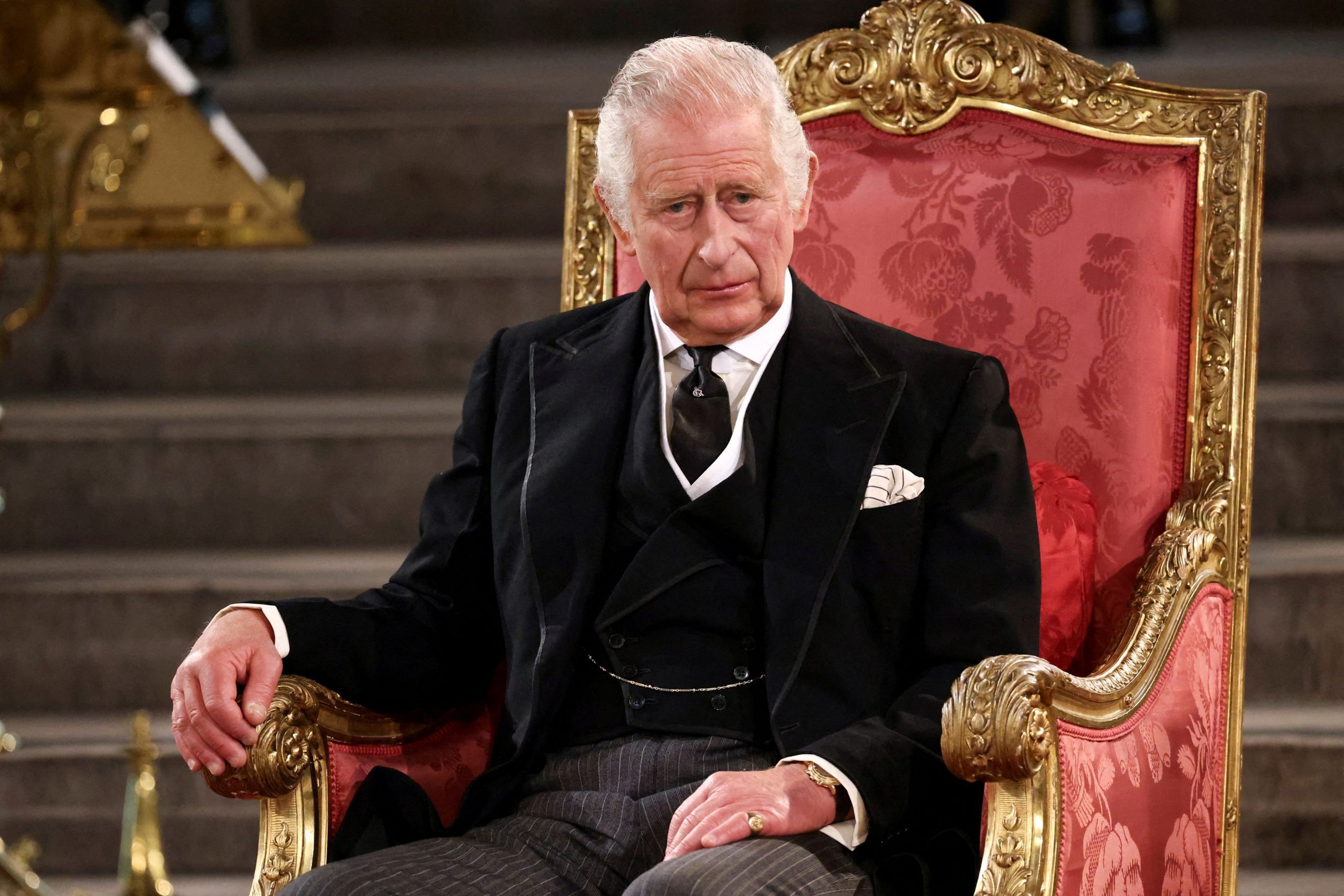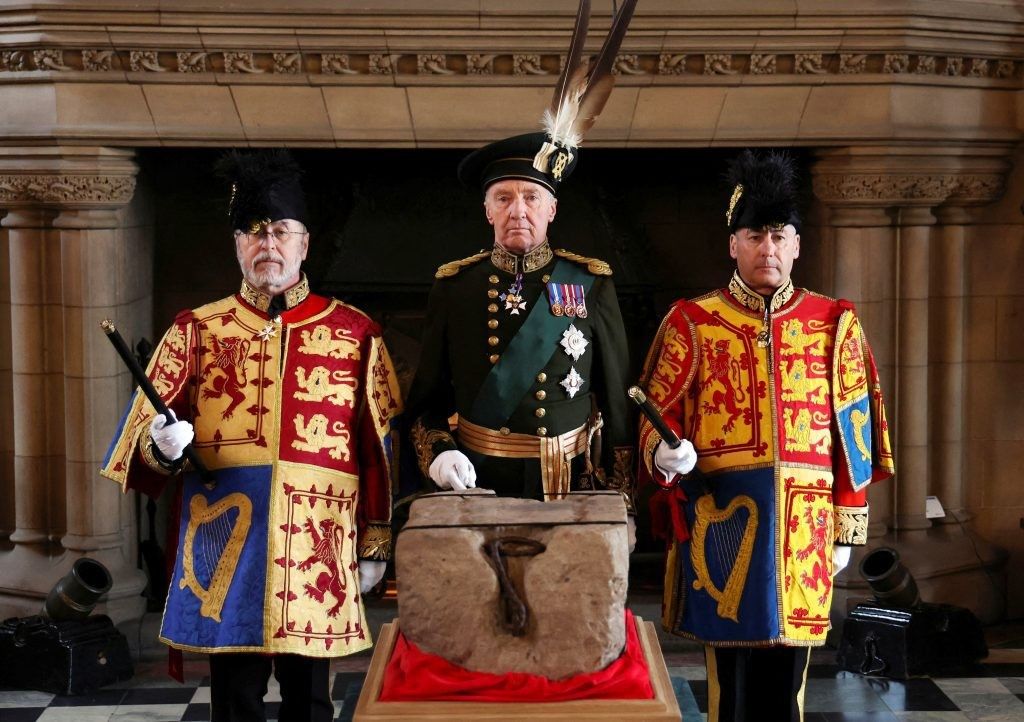
By: SUNDER KATWALA, Director, British Future
What is a Coronation for? The King succeeded to the throne automatically at the moment that his mother died last September. But his formal accession naturally played second fiddle to the mourning period for the late Queen last autumn. It is this spring Coronation that offers the monarch an opportunity to seek to define his reign in the public mind.
Westminster Abbey on Saturday will see the first example in this century of a ceremonial tradition of crowning kings and queens stretching back over a thousand years, though nobody younger than the 74-year-old King can remember seeing it happen before. An event that may take place just two or three times in a century is a moment to reflect on who we think we are, and what we want to say about ourselves, domestically and to the world. The Coronation will maintain many almost-timeless rituals and traditions, yet one of its central themes is to recognise how Britain has changed since 1953.
Many of the symbolic changes to the Coronation ceremony come from the recognition of multi-faith Britain. We will see a subtle but sustained effort to find ways to recognise the multi-faith reality of today, while preserving the integrity of a Christian Coronation service.
The Coronation oath is unchanged, by a statute of 1688, yet the Archbishop’s invitation to the King to take it will emphasise the Established Church’s commitment “to foster an environment in which people of all faiths and beliefs may live freely”. A new King’s prayer, commissioned for this Coronation, will see the monarch himself seek to be “a blessing to all thy children of every faith and conviction”.
Peers from various faith backgrounds will hand the King aspects of his regalia. The intent is to symbolise that the instruments of state belong to all communities and citizens. That is a message strengthened by the organic diversity at the top of public life today. The Prime Minister, Rishi Sunak, who happens to be a Hindu, will read from the bible. Since the Lord President traditionally hands the King his sword. Penny Mordaunt will become the first woman to do so, by virtue of holding the office.

Welsh and both Scots and Irish Gaelic will be sung, to reflect and recognise the traditional languages of the four nations of the UK.
A Greek choir will sing a psalm, specially commissioned to reflect the King’s parental heritage, and the public service of his late father. It is often forgotten that the King is himself the son of a migrant to Britain.
Another change to tradition is the invitation to the public to join in an oath of allegiance to the King. Historically, this would be made by the ranks of the hereditary peerage in the Abbey. This time, the Archbishop of Canterbury will invite “all who so desire, in the Abbey and beyond,” to join in at home. That generated a small flurry of controversy during the bank holiday weekend, with particular complaints from Britain’s pro-Republic minority. Yet some people may feel more connected to the occasion. Many others will approach this voluntary offer in a “take it or leave it” spirit, just as they do over whether to join in or not with the national anthem.

People disagree about the principle of an hereditary monarchy. Yet the institution retains broad public consent. A new Focaldata survey for British Future finds 57% support and 19% opposition to the UK having a monarchy under King Charles III. Ethnic minority support was modestly narrower – with 47% support and 16% opposition – in a representative survey of over 1,000 ethnic minority Britons. Asian respondents were 48% in favour and 15% opposed. The main difference was that ethnic minority respondents were more likely to say that they neither agreed nor disagreed, with a third on the fence.
Ethnic minorities born in Britain were more likely (19%) to be opposed to the monarchy than those born abroad (13%). This reflects a significant generational gap – within both Britain’s ethnic minorities and the majority group too. The level of public appetite and engagement for the Coronation also differs across the nations and regions of the UK – being significantly lower in Scotland than in England – and across the generations too.
This will be a Coronation that is both traditional and multiculturalist. The Royal Mail stamps issued for the Coronation highlight the themes of diversity and community, the Commonwealth, and of sustainability and biodiversity too. Figures in dialogue from the Jewish, Islamic, Christian, Sikh, Hindu and Buddhist religions, and a landscape reflecting the presence of ‘all faiths and none’, feature on the community stamp. The Coronation’s emphasis on both tradition and a changing Britain are intended to confirm a new story about who we, the British, are today. The gesture of inclusion may be positively received. The longer-term challenge will be to make that message reach across the generations too.
 [TheChamp-Sharing]
[TheChamp-Sharing]